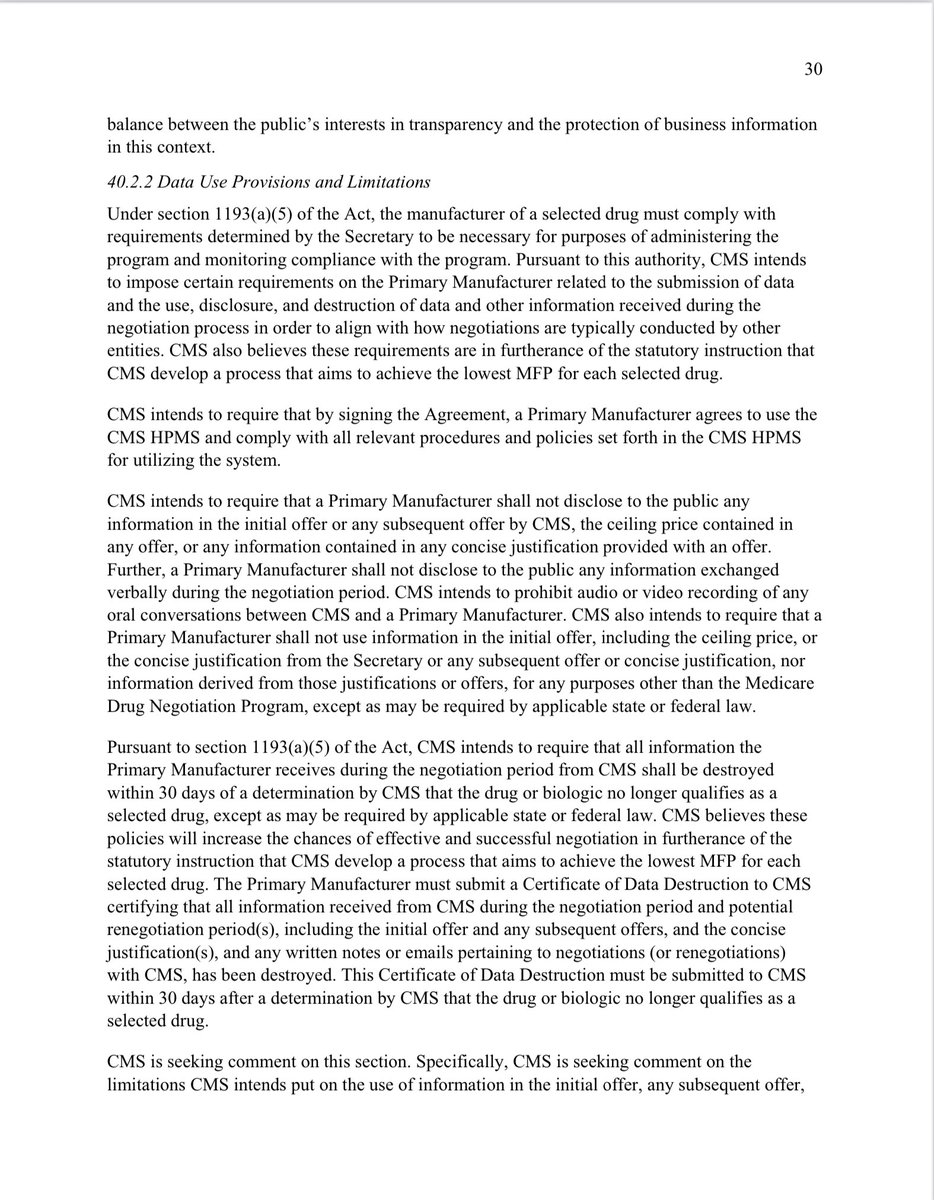The wide dispersion in models forecasting the Delta wave, released by CDC, are deeply disappointing and not actionable. The huge variance in the estimates shows CDC doesn’t know how to model this wave, and has little practical idea whether we’re at beginning, middle, or end 1/n 

It’s another symptom of a more systemic bureaucratic disease. CDC has a retrospective mindset, it’s not a prospective agency resourced and poised to mount operational responses to crisis. The need for such capability is a big focus of my forthcoming book, Uncontrolled Spread 2/n
The CDC’s models on Delta wave underscore this point. For the week ending August 14, CDC estimates there will be either an average of 10K infections a day, or more than 100K. Either the infection wave will be largely subsiding, or will be raging out of control. The CDC isn’t sure 



What’s needed? This isn’t CDC’s job alone. We lack an organized infrastructure to mobilize a response to public health crisis. We need a JSOC for public health response. For two years, HHS did not operationalize this kind of effort aside from Warp Speed. 4/n
For its part, CDC isn’t a prospectively-minded agency. They don’t do horizon scanning, make predictions and tie to policy recommendations, coordinate heavy lift capabilities like vaccination campaigns, engage in risk estimates, or collect intelligence on foreign areas of concern
We need such a capability. An action-oriented agency able to engage in assessing and mobilizing preparations against future risks. Able to coordinate assessment of intelligence that informs on these risks. Able to become a clearing house for intel and operational direction. 6/n
Could a reformed CDC play such a role? I outline in detail how in my book. But it’ll have to go back to its roots aimed at disease control and empower a new agency (maybe a new NIH institute) to take on many current “prevention”functions. CDC will need a national security mindset
The bottom line: CDC data has consistently been thorough, meticulous, and late. In other words, it wasn’t actionable in setting of fast moving crisis. That’s not the business CDC was in. They provide definitive answers, not partial info to inform current decisions in a crisis 7/n 

In closing: we’ll need such an agency somewhere. It can be a CDC retasked with a greater focus on the national security dimension of its mission. It can be a new joint operational command. We’ll have to view these risks, the ability to horizon scan - and prepare, through new lens
• • •
Missing some Tweet in this thread? You can try to
force a refresh










